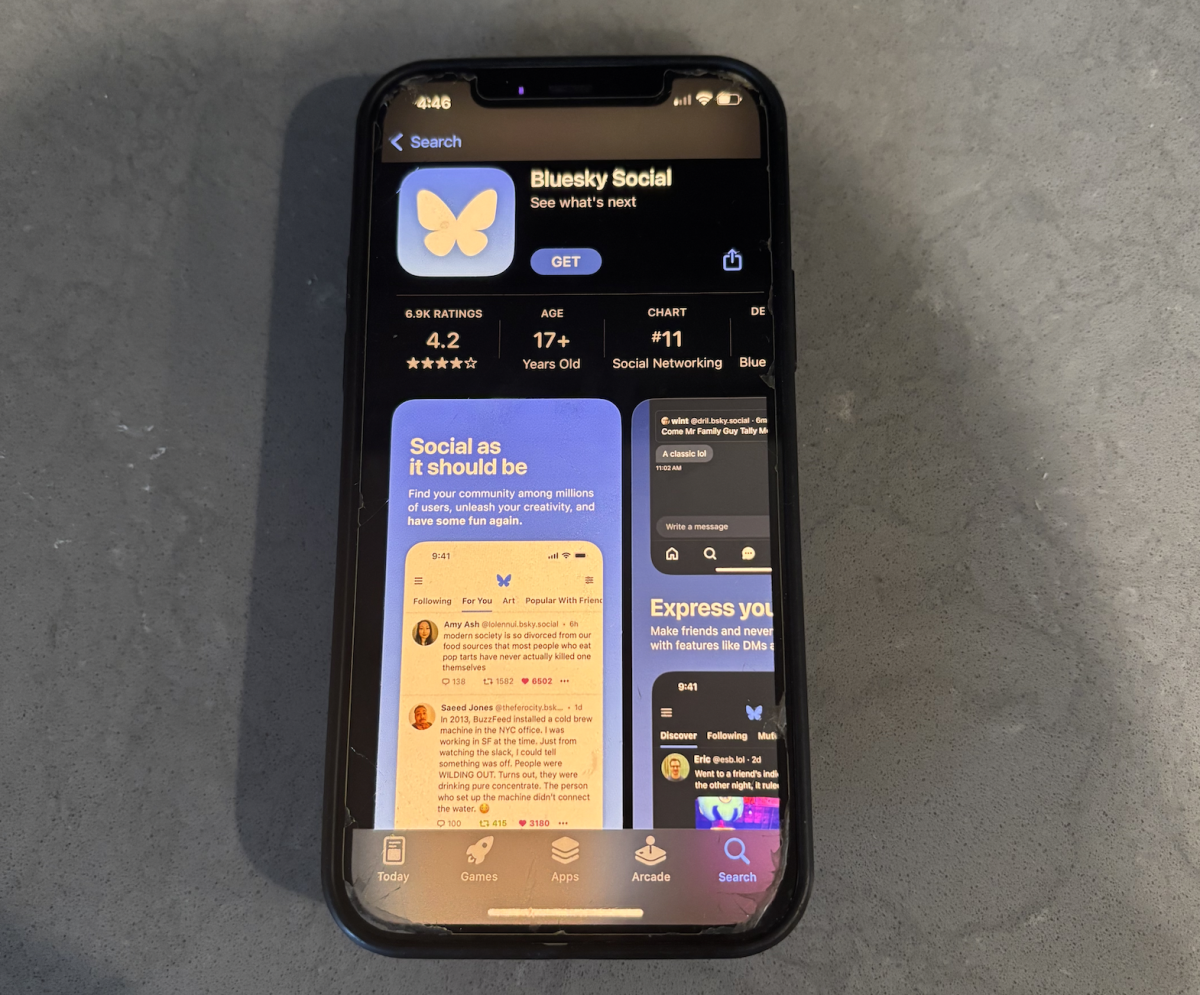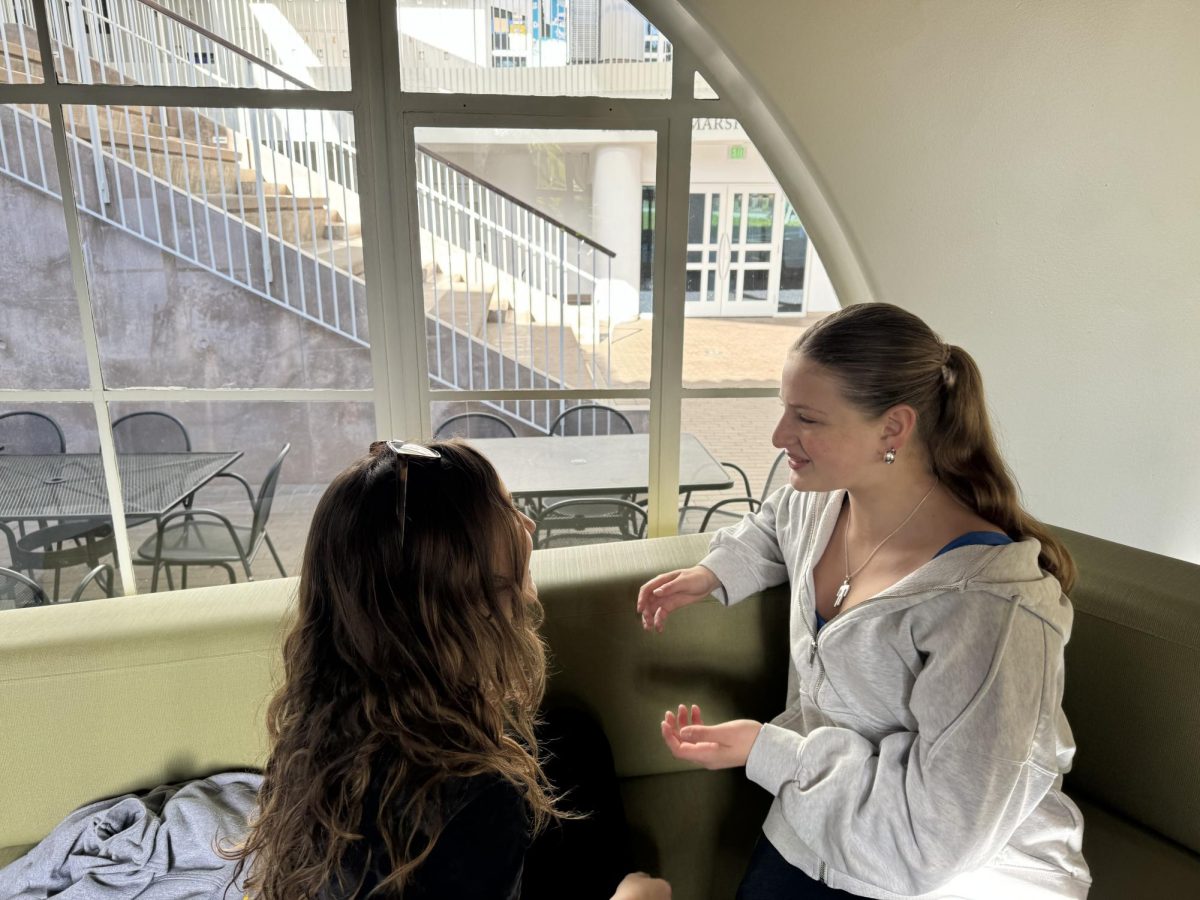There has been a lot of buzz in the faculty about the upper school homework load recently. It seems that so many schools simply give kids “busy work” or homework with no real benefit other than ruining an otherwise enjoyable evening, and the Archer faculty does not want that to happen.
Upper School Director Samantha Coyne feels that busy work is unnecessary. She told the Oracle that “Archer expects faculty to assign purposeful homework that is relevant to their learning. According to a faculty conducted homework survey, a strong majority of students do feel that their homework is relevant and that they understand the purpose.”
Does Archer give too much of this kind of work? Well, that is not such a simple question. The problem is this: there is no “typical” homework load. It’s very hard to set limits on homework amounts. Archer faculty does a commendable job of at least attempting to lessen the burden homework can have on a student’s life. That being said, there is always room for improvement.
In the survey, which had 191 responses, faculty found that 25 percent of students spend more than three hours on their nightly homework. This is a staggering statistic.

What prompts Archer students to spend so long on homework?
Sarah Boehm ’16 thinks, “It isn’t so much the quantity of work, but the amount of thought necessary to complete it.” She regards herself as “the type of person to really dive in and thoroughly understand concepts, and that may take me longer [to complete homework] than others.” She feels a need to understand everything fully—something common at Archer.
Coyne acknowledges this common feeling, saying, “We also have a student culture that desires to achieve at the highest levels and some students are spending more time on assignments than may be required.”
However, not all students feel this way. Although she shares a name and graduation year with Boehm, Sara Seaman ’16, has a different take on the homework load. “I never really find that I end up having that much homework. I feel like people overdramatize things and they spend more time on things than they need to; it’s just a homework assignment, not the end of the world,” she says.
Many students could probably benefit from adopting this attitude to an extent. So many students seem to be stressed, which is avoidable, according to Seaman’s philosophy.
More than three hours is a large span—and some students spend much more than three. Understandably, much of the ideation is that students do this to themselves. It’s easy to place blame on students—and to be fair—some blame is necessary. Students who overwhelm themselves by taking on too difficult of a workload and setting high standards for themselves are rewarded by having this extreme weight on their afternoons and evenings.
And how much of this “more than three hours” span is complete, uninterrupted homework? Is Facebook open during this time? Are students texting throughout? When asked why they spend so long on homework, the number three response was procrastination. 61.7 percent of those who took the survey felt that procrastination played a large role in their study time (the first two were a. tired and b. extracurriculars).
Coyne feels that time management could be an area for improvement. “Many students are multitasking and procrastinating, which contributes to issue.” Coyne recently encountered a student who spent three hours on a Math XL problem, but the problem was not presented clearly on XL. Coyne relates, “While she knew there was a computer glitch, she kept reworking the problem, which was futile. Another student in the class experienced the same problem, but she moved on because she realized it was an error in XL.”
This blame does not fall only on the students though—not all teachers know how much homework students really have. Some teachers teach the same subject period after period, and can forget that students do not have that experience. Students don’t just have the reading from English, the quiz in French, the lab in Physics, or the History test. Rather, they may have all of these things at once—manageable alone, monstrous together.
Is there a simple answer to this? Probably not. But at least Archer is working to make our homework load as bearable as possible.
















